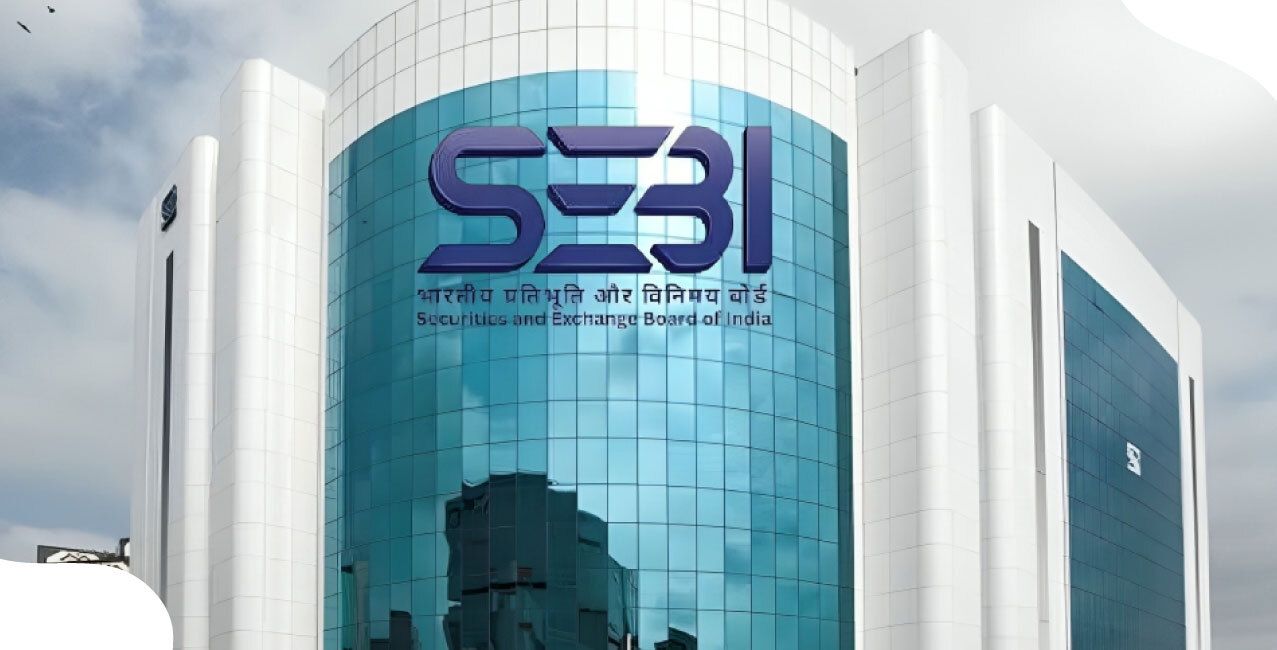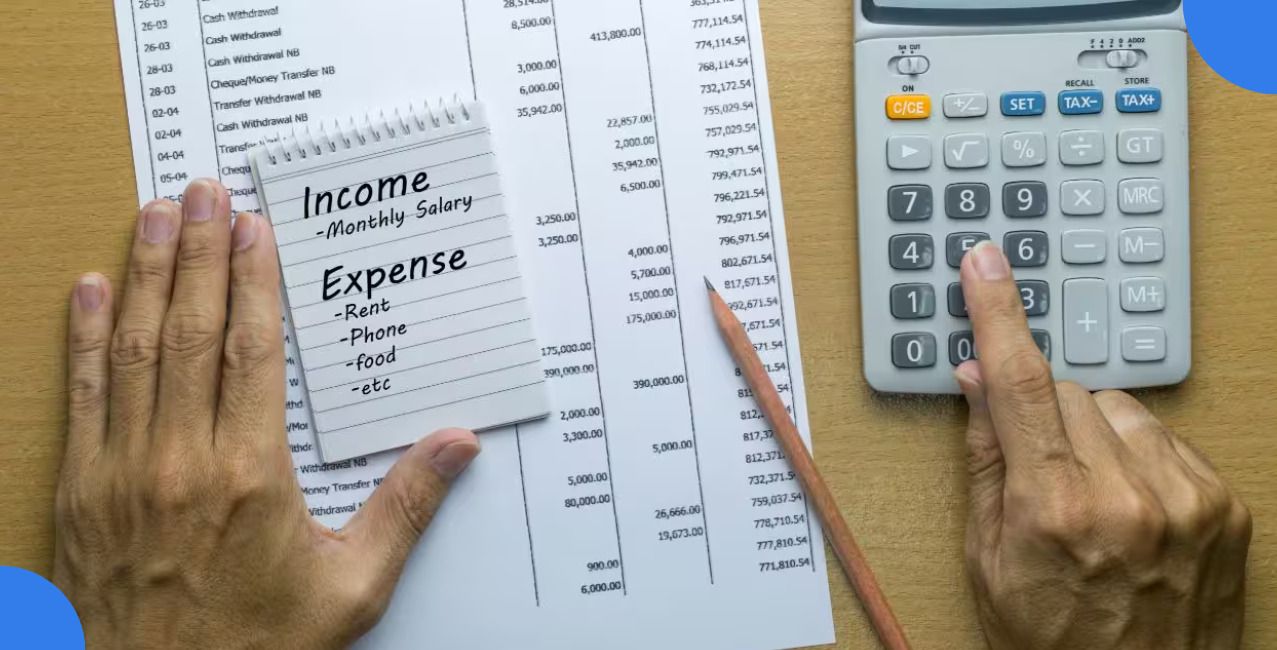What is SEBI? Role, Powers & Importance in Indian Financial Markets

Check Your Loan Eligibility Now
By continuing, you agree to LoansJagat's Credit Report Terms of Use, Terms and Conditions, Privacy Policy, and authorize contact via Call, SMS, Email, or WhatsApp
SEBI, or the Securities and Exchange Board of India, works like a referee in the stock market. Just as a referee keeps a cricket match fair, SEBI makes sure companies, brokers, and investors follow the rules. This helps protect small investors and keeps the market honest.
Let’s say Ravi has ₹20,000 and wants to invest in a company he saw online. The company claims it made big profits, and a broker says it’s a “sure win.” Ravi buys the shares, hoping for a return. Without SEBI, the company could lie about profits, the broker might charge hidden fees, and social media tips could mislead Ravi. He may lose all his money.
But with SEBI in place, it checks company reports, stops unfair broker charges, and takes action against fake news. Ravi can trust that someone is watching.
SEBI keeps the market fair and safe. Just like traffic lights guide vehicles on the road, SEBI guides and protects investors in the market.
Key Objectives of SEBI
SEBI plays a very important role in keeping the Indian stock market fair, honest, and well-regulated. Its main goal is to protect investors and make sure the market runs smoothly. To do this, SEBI sets clear rules, watches over companies, and prevents cheating or misuse in trading.
Here is a simple table showing the main objectives of SEBI:
SEBI works like a watchdog. It helps investors invest with more confidence by making sure the market stays safe, fair, and transparent.
Read More – Strengthening Regulations Can Protect Investors And Promote Transparency In Financial Markets
How SEBI Is Organised?
SEBI is like a well-managed company. It has leaders, managers, and different teams, all working together to keep India’s stock market safe and fair. Let us break it down in very simple terms.
Who Runs SEBI?
SEBI is led by a group of nine senior officers. They make important decisions and guide the whole organisation.
These people form the top-level board and make sure SEBI works the right way.
What Are the Main Departments?
SEBI has over 20 departments. Each department has a head and a team to look after a special area.
Here are some of the important departments:
- Information Technology – Manages all digital systems
- Foreign Investors and Custodians – Handles foreign investments
- International Affairs – Works with other countries
- National Institute of Securities Market – Provides training and education
- Investment Management – Looks after mutual funds and schemes
- Commodity and Derivatives Regulation – Regulates futures and options
- Human Resources – Manages staff and recruitment
Some departments look after legal matters, finance, and law enforcement in the market.
What SEBI Does and the Powers It Holds?
SEBI is like the referee of India’s stock market. It makes sure everyone follows the rules and plays fair. Let us look at what SEBI does and what powers it has.
Main Functions of SEBI
SEBI’s work can be grouped into three simple roles:
Here are the main things SEBI does:
- It protects people who invest in the market
- It helps the market grow without problems
- It keeps a check on those who handle shares and mutual funds
- It spreads knowledge about how the market works
- It watches over mergers and takeovers of companies
- It stops cheating and false trading
Key Powers of SEBI
SEBI has strong powers, just like a judge:
- It can check company accounts to catch wrongdoings
- It can make rules to stop insider trading and bad practices
- It can punish those who break the rules
- It can make companies follow listing rules and proper reporting
- It ensures all trading is honest and fair
Even though SEBI is powerful, the Supreme Court and Securities Appellate Tribunal still have the final say.
SEBI's Role in the Indian Stock Market
SEBI, or the Securities and Exchange Board of India, looks after the stock market in India. It protects small investors, stops cheating, and makes sure companies and brokers follow the rules. SEBI helps the market stay fair, safe, and smooth for everyone.
Suppose a company called Sunshine Ltd wants to sell its shares to the public. Before doing that, SEBI checks if the company gives correct and full details in its documents. If Sunshine Ltd hides important facts or makes false claims, SEBI can stop its share offer.
Also, imagine a broker gives wrong advice to earn more commission. SEBI can fine the broker or cancel their licence to protect investors like you.
Also Read - SEBI Warns Investors: Avoid These Platforms to Protect Your Investments
What SEBI Does?
- It protects investors from fraud.
- It checks if companies give the right details to the public.
- It makes sure brokers and trading houses follow the rules.
- It punishes those who cheat or break market rules.
- It allows new companies to sell their shares after checking their background.
Let’s say a small investor wants to buy shares of a company. Here’s how SEBI helps:
SEBI’s role is like a referee in a game. It does not take sides, but it makes sure everyone follows the rules. This helps people invest with confidence and keeps the stock market healthy.
Criticism Faced by SEBI
Although SEBI plays a key role in regulating India's securities market, it has faced criticism over the years. Many critics believe SEBI lacks transparency and does not answer directly to the public.
Currently, only two bodies can review SEBI’s actions: the Securities Appellate Tribunal (with a panel of three judges) and the Supreme Court of India. These bodies have, at times, criticised SEBI's decisions.
However, SEBI has also taken firm steps when needed. It has not hesitated to issue strong reforms and punish wrongdoers. In 2009, after the global financial crisis, SEBI helped form the Financial Stability Board. This board was given a wider role than its predecessor, aiming to support long-term financial stability.
Conclusion
SEBI is the main body that controls and manages the Indian stock market. It protects investors, checks fraud, and ensures fair trading. SEBI builds trust in the market by making rules and watching over companies, brokers, and traders. Its main goal is to keep the market safe and honest.
FAQ’s
1. What does SEBI do for investors?
SEBI protects investors by making sure companies share correct information and follow fair trading rules. It acts when someone tries to cheat small investors.
2. Can SEBI stop a company from selling shares?
Yes, SEBI can stop a company from launching or continuing a share offer if it breaks any rules or misleads investors.
3. How does SEBI handle stock market frauds?
SEBI investigates suspicious trading, catches rule breakers, and imposes fines or bans to keep the market honest and fair.
4. Does SEBI control mutual funds too?
Yes, SEBI sets rules for mutual funds, checks their performance reports, and makes sure they handle investor money safely.
5. Is SEBI a government body?
Yes, SEBI is a government-established authority that runs independently to regulate and oversee India’s securities market.
Other Informative Pages | |||
About the author

LoansJagat Team
Contributor‘Simplify Finance for Everyone.’ This is the common goal of our team, as we try to explain any topic with relatable examples. From personal to business finance, managing EMIs to becoming debt-free, we do extensive research on each and every parameter, so you don’t have to. Scroll up and have a look at what 15+ years of experience in the BFSI sector looks like.
Subscribe Now
Related Blog Post

Salaried vs. Self-Employed: Who Gets a Personal Loan Faster in 2025?

Too Many EMIs? What to Do When Monthly Payments Become Unmanageable

Post Office Customer Care Number: Helpline & Support
Recent Blogs
All Topics
Contents
Quick Apply Loan
Consolidate your debts into one easy EMI.
Takes less than 2 minutes. No paperwork.
10 Lakhs+
Trusted Customers
2000 Cr+
Loans Disbursed
4.7/5
Google Reviews
20+
Banks & NBFCs Offers
Other services mentioned in this article





